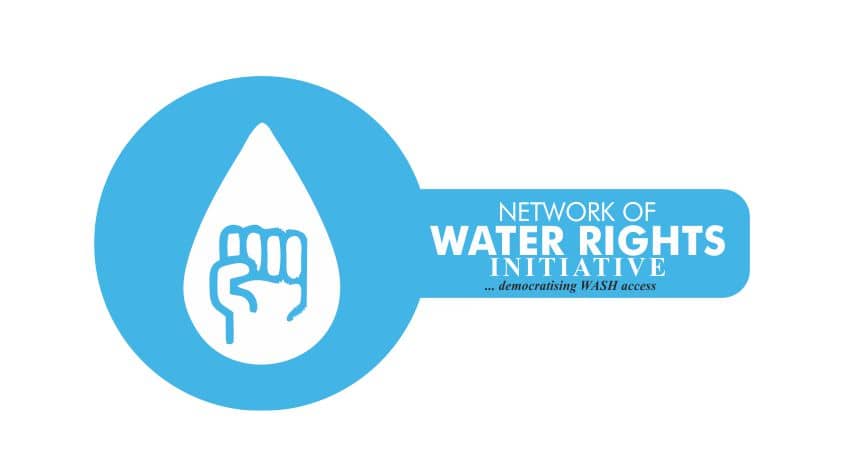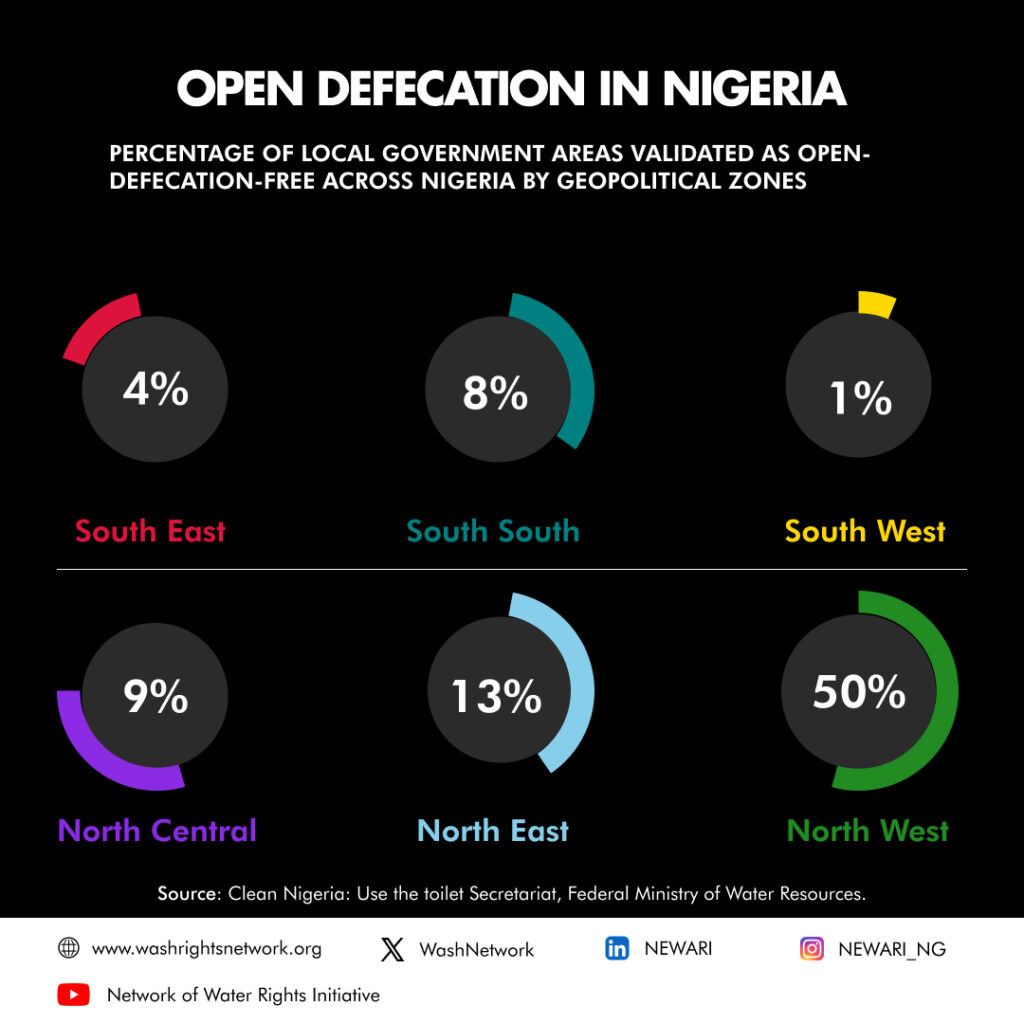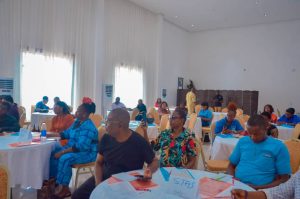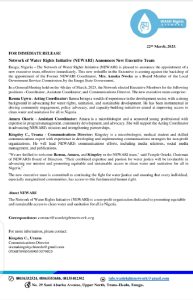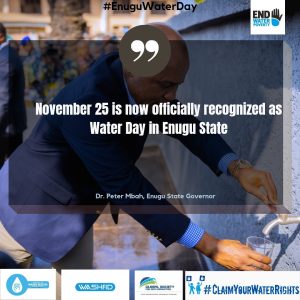A staggering disparity exists in Open Defecation-Free (ODF) status across regions of Nigeria. While 50% of Local Government Areas (LGAs) in the North West have achieved ODF status, a mere 1% in the South West have reached this milestone.
The Alarming Gap
This striking contrast is a pointer that suggests:
- Unequal access to safe sanitation.
- Regional disparities in sanitation infrastructure.
- Varying levels of community engagement and awareness.
Consequences of the Divide
The sanitation divide perpetuates:
- Human Rights violations: Access to sanitation is a human right. The rights of people in regions without access to safe sanitation services and facilities, are grossly abused.
- Health risks: Open defecation spreads diseases, which can lead to loss of lives and livelihoods.
- Environmental degradation and abuse of environmental rights: Open defecation leads to environmemtal pollution and contamination, which ultimately violates people’s environmental rights.
- Economic disparities: Sanitation affects productivity and economic growth. Therefore, the sanitation divide across Nigeria will further deepen economic disparities across states and regions of Nigeria.
Closing the Gap
To bridge this divide, we must beam the searchlight on those regions that lag behind, intensifying sanitation initiatives and increasing sanitation investments in those regions. There is a cogent need to also promote inter-regional collaboration and knowledge sharing.
Conclusion
Bridging Nigeria’s sanitation divide requires collective action. By addressing regional disparities, we can ensure equal access to safe sanitation, promoting health, dignity, and economic growth.
#SanitationForAll #ODF #Nigeria #BridgingTheGap #WASH #CleanNigeria #ODFNigeria #SanitationRights
